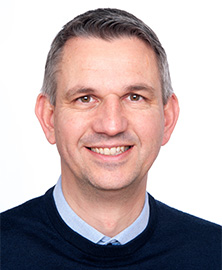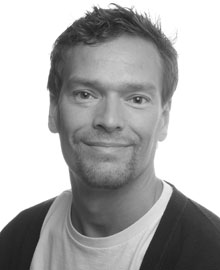Joeri van Laere
School of Informatics


Rescue services have to maintain their knowledge and skills on an ongoing basis through training and examination. Training is today primarily done in instructor-led exercises on training fields. Rescue services can train a greater variety and complexity of events with virtual simulation, while fire fighters can participate from their own station without having to travel. More skills can be developed more flexibly with virtual simulation: mass-training can be realized by training more often in shorter sessions. The research project focuses on how instructors should act to use virtual simulation successfully.
Training and competence development of rescue service personnel is primarily a municipal responsibility. Basic education is organized by The Swedish Civil Contingencies Agency (MSB) at national level.
The more complex continuing training occurs at the local level, for example at the local training field Hasslum in Skövde. The municipal rescue service encounters increasingly complex accidents in modern society. High-quality education requires a greater diversity of and more complex scenarios, while the tools and scenarios must be easy for the instructors to handle.
Today's traditional exercises at practice fields are very resource-intensive to organize. Consequently, it is difficult to regularly carry out large and complex exercises at the local level.
Virtual simulation tools, with a special focus on rescue services training, have been on the market since 2005. Acquiring these software is not an innovation. The real innovation is to redesign the education: how can established educational goals be realized with virtual simulation in a completely different way than in traditional training at a practice field?
New skills are required from instructors and a new educational culture needs to be established. A simulation tool is a toolbox with many tools, but does not offer a complete package solution. Different scenarios must be created and a gradual progression must be built up of increasingly complex situations that the course participant must solve.
Implementing a scenario is an interplay between game technicians, one or two counter players, the assessor and the practitioner. The instructors (playing technicians, counter players, and assessors) are an orchestra, they must be good at their own instrument, but even more at interaction and following the dancer (the practitioner) who determines the playing tempo. The virtual simulation tool is the stage, but it is the interaction between the practitioner and the instructors that makes the training successful or not.
The rescue services in Skaraborg want to be the first in Sweden to offer virtual simulation at municipal level for training and quality assurance of rescue service personnel.

Illustration of five siluettes. The interaction between the instructors and the adaption to the trainee is what determines whether the education will be of good quality.



